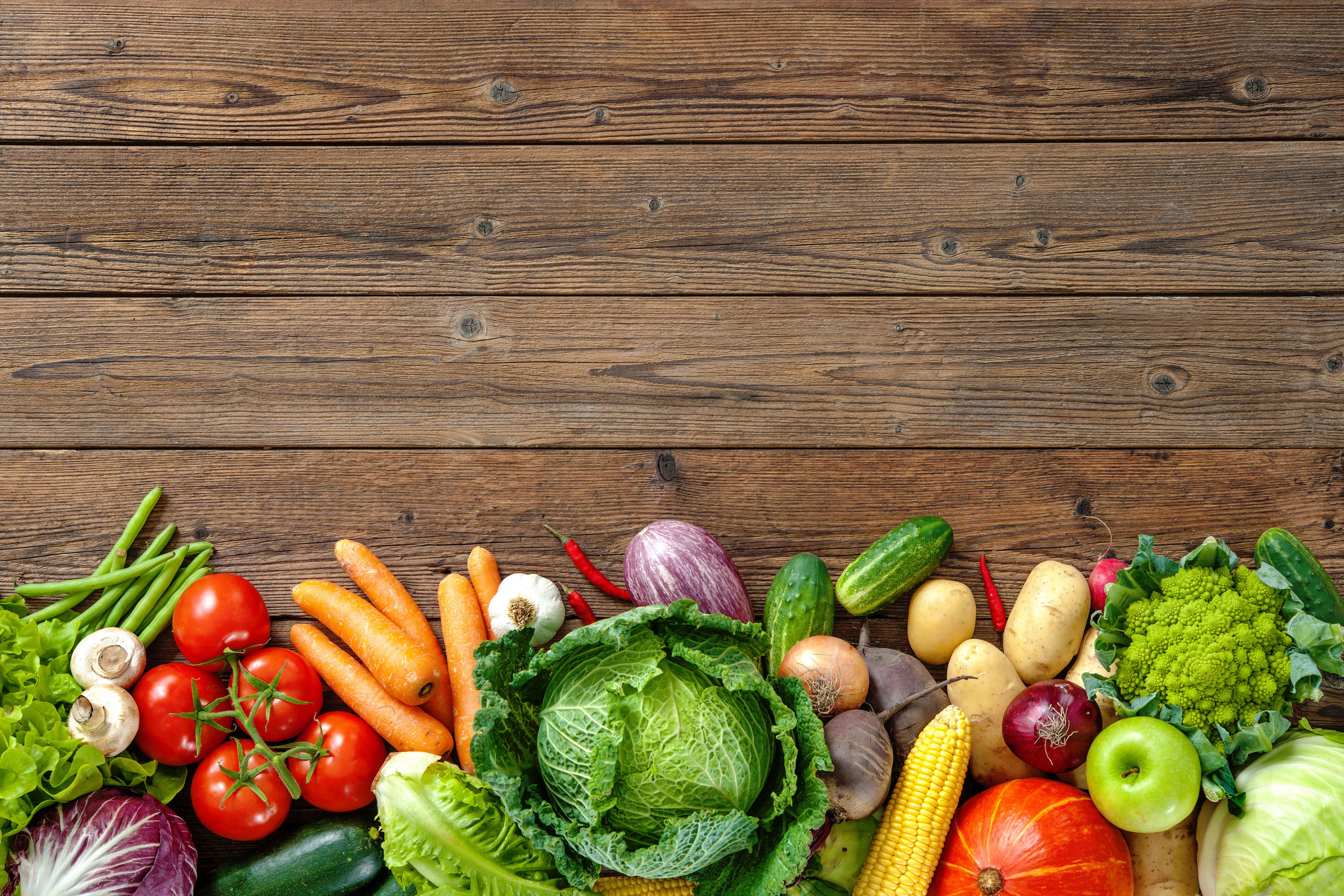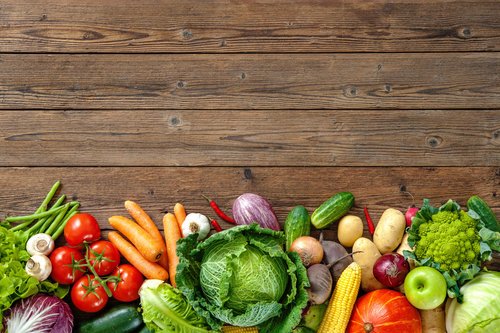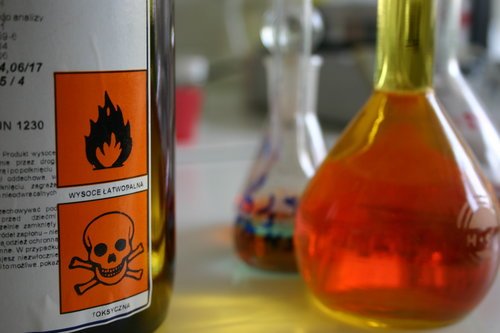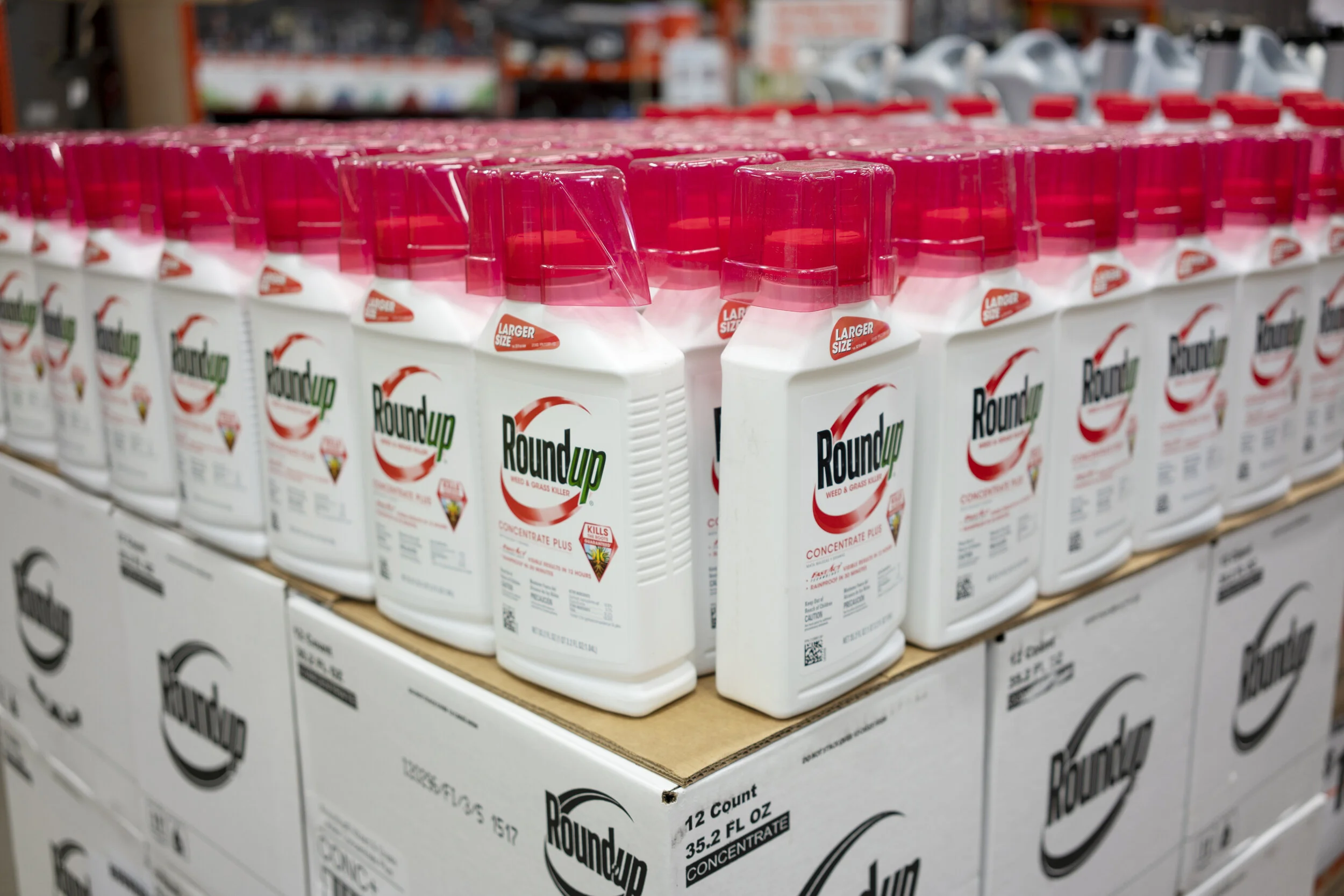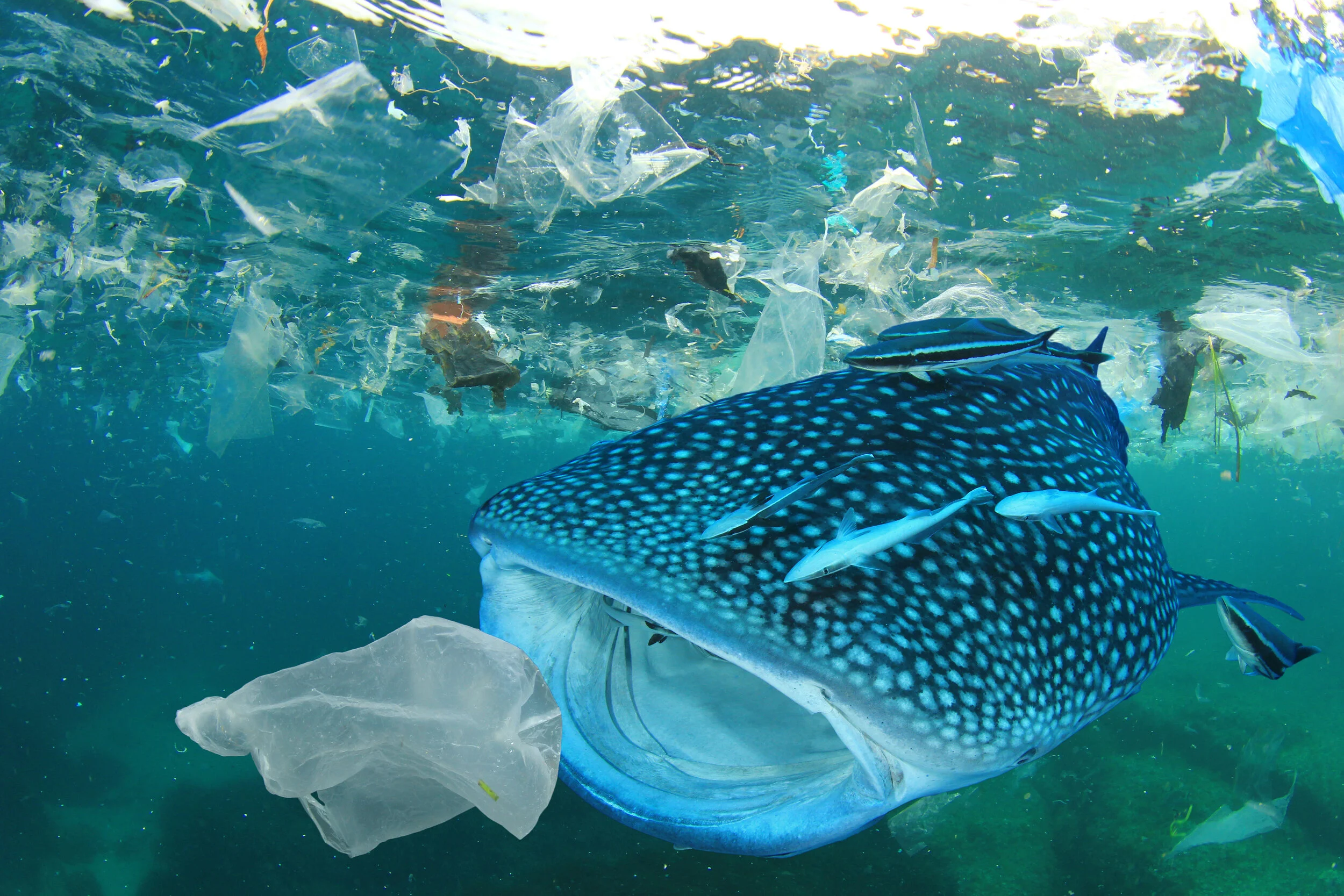GMOS & PESTICIDES
Pesticides are an enormous group of chemicals designed to kill unwanted insects (insecticides), weeds (herbicides), rodents (rodenticides), and fungi (fungicides). Many pesticides endanger human health or damage ecosystems, creating risk for companies that buy or produce food and other crops.
The vast majority of Genetically Modified Organisms (GMOs) grown in the U.S. are engineered to produce their own pesticides, or survive direct application of pesticides. For example, Monsanto’s Roundup Ready crops are engineered to survive direct application of glyphosate (the primary ingredient in Roundup). Glyphosate is the world’s most heavily used herbicide, and in 2015 it was classified as a probable human carcinogen by the world’s leading cancer authority.
To learn more about glyphosate, read our report: Roundup Revealed: Glyphosate in our Food System.
Genetic Engineering
As investor advocates, we are concerned that many companies are exposed to material financial risk from the economic, environmental, and public health issues associated with genetic engineering in the food system.
About 90% of corn, soybeans, and cotton in the U.S. is genetically engineered to be herbicide-resistant. Independent researchers have documented the increasing environmental impacts and negligible benefits of commercially grown GMOs and the significant and growing consumer preference to avoid them.
In the wake of the defeat of Washington state’s ballot measure to require GMO labeling, As You Sow filed resolutions asking the top corporate donors to the opposition of the California GMO labeling ballot initiative to refrain from using corporate funds to influence political elections. Investors noted that many of the companies that contributed to defeat California’s Prop 37 and other GMO-labeling measures experienced significant consumer backlash and were the subject of consumer boycotts. As You Sow filed resolutions with E.l DuPont de Nemours and Dow Chemical Company, who combined to spend over $11.2 million to defeat the California and Washington GMO labeling initiatives. These resolutions were withdrawn after each company increased disclosure of political lobbying practices and policies.
From 2013 to 2015, As You Sow filed a shareholder resolution with Abbott Laboratories requesting that the company introduce non-GMO Similac infant formula. Shortly after the 2015 annual meeting, Abbott introduced the first non-GMO Similac products; in the years since, it has become a large and very successful product line.
In 2014, Whole Foods’ commitment to require mandatory GMO labeling for products sold in its stores marked a second victory in As You Sow’s decade-long engagement with the company.
Read our FAQs about GMOs to learn more.
Glyphosate
Glyphosate is the world’s most heavily used herbicide. It is sold in proprietary blends that contain other compounds, such as Monsanto’s Roundup. Glyphosate is most frequently used in agriculture to kill weeds in crops that have been genetically engineered to survive glyphosate use (particularly corn, soybeans, and cotton). The herbicide has been classified as a probable human carcinogen by the world’s leading cancer authority.
Pre-harvest glyphosate use (also known as “desiccation” or “harvest-aid”) is a lesser known use of glyphosate that has begun receiving greater scrutiny, since it may be greatly increasing glyphosate residues on a wide range of crops.
Regulation of glyphosate lacks transparency and is unlikely to sufficiently protect farmworkers, communities, and consumers from harm. As You Sow is engaging companies across the food, agriculture, and restaurant industries to investigate the risks posed by glyphosate.
Read our report: Roundup Revealed to learn more about glyphosate in the food system.
Dicamba
This herbicide is also the center of a national controversy: it drifts far from application sites onto nearby farms, destroying crops that are not engineered to resist it. Monsanto’s Roundup Ready Xtend crops are engineered to resist both glyphosate and dicamba; the company expects that farmers will quickly adopt Xtend and that dicamba will become the world’s second largest selling herbicide, behind glyphosate. Widespread reliance on herbicide-dependent crops poses massive risks for biodiversity and soil health, and the security of the entire food system.
Chlorpyrifos
This highly toxic insecticide causes learning disabilities and developmental delays in children, and it is widely used on fruit and vegetable crops. People are exposed to chlorpyrifos through residues on food, drinking water contamination, and toxic spray drift from pesticide applications. In March 2017, U.S. EPA chief Scott Pruitt reversed an Obama-era recommendation to ban the chemical.

